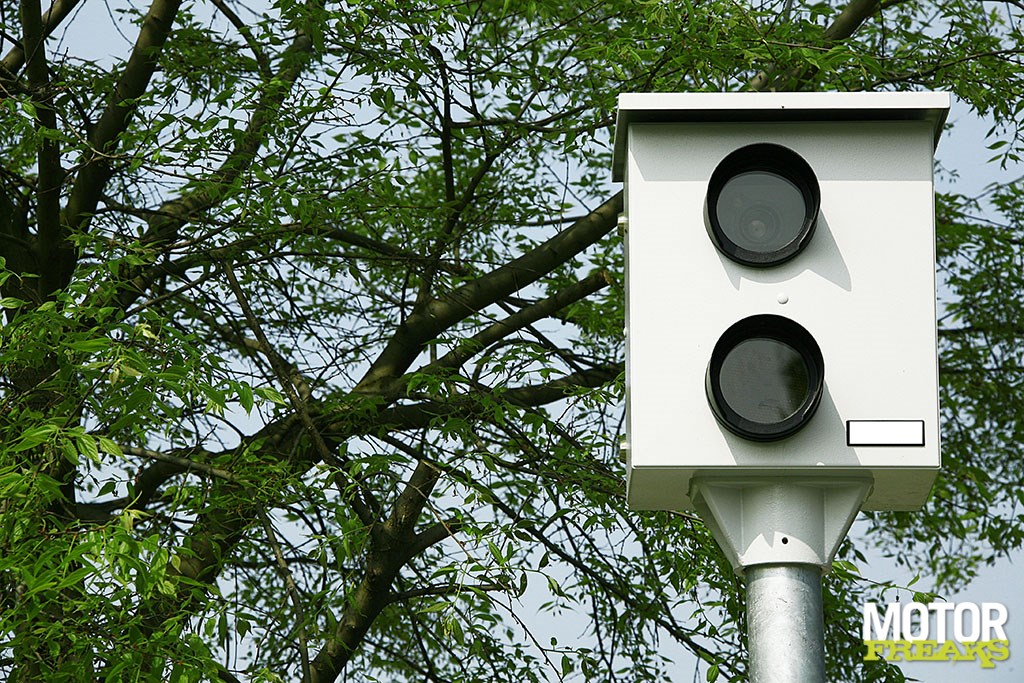According to Albert Hazelhoff, director of the Central Judicial Collection Agency (CJIB), the amount of traffic fines and the associated increases are no longer proportional to the seriousness of the violations. “It has become increasingly out of step with the fines in criminal law,” Hazelhoff told the Leeuwarder Courant.

The current system basically works well and the CJIB does not advocate reducing the fines themselves. Hazelhoff does insist on a significant limitation of increases in the event of non-payment. Currently, the first increase is one and a half times the original amount, and with the second increase it even rises to three times the original fine. According to Hazelhoff, this mainly affects people with debts, who quickly lose overview and, in the worst case, end up with a bailiff.
“Both from a debt perspective and from a uniformity perspective, we want a reduction in the increase, or at most one reminder instead of two,” Hazelhoff explains. By comparison, increases in criminal penalties are limited to about 20 percent, much lower than the current 300 percent for traffic fines.
Minister Foort van Oosten of Justice and Security points out that the fines are important for the financing of the police and fire brigade and serve as an instrument to ensure that people adhere to the traffic rules. According to him, the increases do not have to lead to large debts: those who have difficulty paying can make a payment arrangement.
Hazelhoff emphasizes that the Dutch system of traffic fines should not fall under criminal law. “These are relatively minor violations and eight million fines per year. You don’t want people to get a criminal record as a result, and burdening the criminal justice system again with hearings and officers would not be efficient.”
Photos: depositphotos.com
– Thanks for information from Motorfreaks.